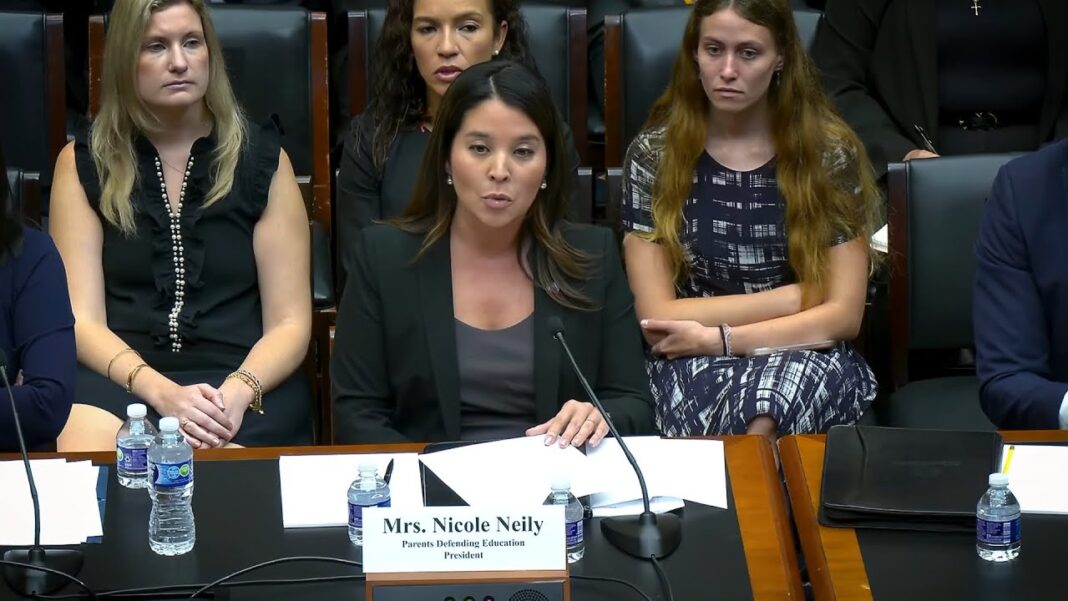Over the years, Americans have been misled to pay and donate millions of dollars to scam artists. These scams called sting operations championed by law enforcement and vigilante groups pretending to be protecting children from online predators are not doing what they claim.
Greg Rogers, an expert on pedophilia and child sex trafficking who worked as an undercover FBI Special Agent for 30 years, says the mere act of “talking about child sex trafficking [has become an industry]. It’s a very successful way to raise funds.” (Mark, Dan, & Doug, Hosts. “Do-Si-Don’t.” How-to-Heretic Podcast, Episode 154, 9/2/2020)
The U.S. Office of Juvenile Justice and Delinquency Prevention oversees the Internet Crimes Against Children program, which was developed in response to “an ever-increasing amount of online activity by people seeking to contact and exploit children and teens.” In 2022, this program distributed $31.2 million dollars to law enforcement agencies across the country to address the problem. Most of this money, along with the $34.68 million for 2021 and $34.73 million for 2020 was used by police task forces to create a new problem that did not exist, that being minors soliciting random adult male strangers online for sex. These agencies present this unrealistic situation to unsuspecting men on adult dating and hookup sites in order create cases that make it look like these men were soliciting minors online for sex.
Some will argue “this could have been a real child.” However, there is no data to even suggest any real kids are soliciting random adult male strangers online for sex. What the data does show is that children and teens are targeted, lured, enticed, and groomed on sites and apps that kids hang out on. The decided lack of attention to sites like Facebook, Instagram, and other kid-friendly social media platforms means these sting operations have nothing to do with trying to save or protect children from any real online risk.
As a member of an advocacy group that advocates against government entrapment, I am acutely familiar with the tactics law enforcement and vigilante groups use in their fake child predator sting operations. I have heard countless stories from victims of these scams from across the country, men who were seeking consenting adults on adult dating and hookup sites to engage in fantasy sexual conversations and to meet for casual sex.
Fraud is defined as “intentional deception to secure unfair or unlawful gain or to deprive a victim of a legal right.” The purpose may also be to gain monetary or other benefits. When law enforcement and vigilante groups deceive us and claim their sting operations target those who are seeking children and teens online to exploit, they are taking in taxpayer money under false circumstances, a federal crime under the False Claims Act (FCA, 31 U.S.C. §§ 3729 – 3733), a federal statute which provides that any person who knowingly submits, or causes to submit, false claims to the government is liable for three times the government’s damages plus a penalty linked to inflation.
The American public need only to wake up and start holding these fake heroes who are running this scam responsible for lying and stealing money from us as tax payers and donors. We deserve truth and transparency and our children deserve real protection from real harm. In addition to allowing the federal government to pursue perpetrators of fraud, the FCA also allows private citizens to file suits on behalf of the government against those who have defrauded said institution. Private citizens who successfully file these suits may receive a portion of the government’s recovery. As our great nation provides a way for state and local governments to be held accountable for defrauding us, it’s about time we stepped up and did what these groups falsely claim to do; we hold those perpetuating these scams liable for their actions and start putting such funding toward ending legitimate cases of child trafficking, abuse, and exploitation.
Aracely Y., Advocate and C.A.G.E. leadership member, is a proponent against government entrapment and can be reached at info@CAGE.fyi.








